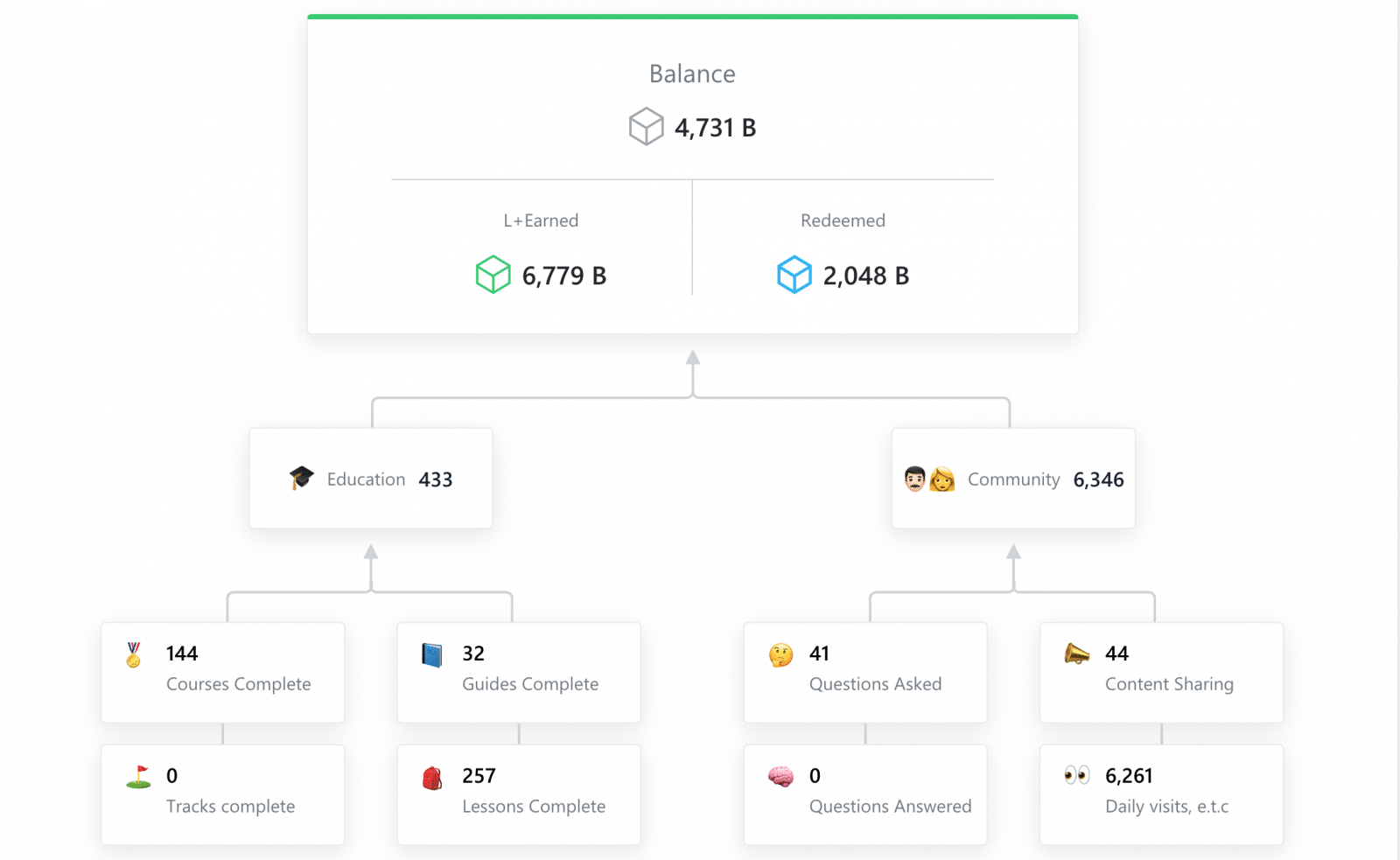 Navigation
Navigation

Adoption of AI, Blockchain & IoT Will Soon Become a Necessity for the Investment Management Firms
|
|
Disclaimer: The views and opinions expressed in this article are those of the authors and do not necessarily reflect the official policy or position of Blockgeeks.
Adoption of AI, Blockchain & IoT Will Soon Become a Necessity for the Investment Management Firms

Business World is Ever Changing, but it is MORE So Now!
This is certainly true for the investment management firms since their business gets impacted directly by the economic forces. These firms need to be cost-effective, offer innovative products, provide better customer services, meet increasing regulatory obligations, and what not.
All-in-all, Investment Management firms are COMPETITIVE & COMPLEX in nature!
Eliminating Inefficiencies to Become Cost-Effective
The cost of running the business is increased by the inefficiencies within the operational process. The desire to provide innovative products to the client in a cost-effective way is not a simple task! The key often lies in controlling headcount costs. The income generated may not always be profitable. The ability to pinpoint exactly where profit is created enables a firm to choose the client base that it needs and can best serve. Technology can do wonders in finding these areas of competency.
Innovate with Sophisticated Offerings

The range of asset classes is growing every day. The pressure to launch new and more innovative products is driven by the need to provide good fund performance and growing competition. Derivative-based instruments have been around for a long time, but their popularity has started growing recently. According to PwC, the rise in the volume of investable assets is set to increase to $102 trillion by 2020 from around $64 trillion today at a compound growth rate of nearly 6%.
New types of instruments are constantly being developed by fund managers. Hedge funds are an example of such funds. These new instruments bring new risks to the client’s portfolio. The fund managers should have the right kind of technology tools to assess the risk attached to these new instruments.
Client Servicing Has Always Been a Key Differentiator
Every client today is demanding high-quality reporting, transparent pricing, and ‘more available’ competent agents. At the same time, the fees that the investment companies charge are not changing much. The solution to this problem again includes a review of what the company can deliver cost-effectively to its clients and then wrapping this up as a part of the product offering. In most cases, the solution to better client service is provided by the new technology which offers more functionally, rich client management, and reporting systems.
Being Regulatory Compliant in a Global Market
The global investment management industry is increasingly crossing domestic boundaries on a higher scale. Clients are demanding access to products that provide returns based upon markets from different parts of the earth. This is a big challenge for the investment firms in terms of product development, investment process, distribution channels, communication networks, legal and regulation compliance, risk management, systems integration, data consolidation, just to name a few. Regulators will have real-time access to portfolios by 2020, cross-referenced to market data. Virtually all major territories will have introduced regulation to better align interests with the end customer (Source: PWC).
Say ‘Hi’ to Emerging Technologies – AI, Blockchain & IoT
Investment management is being disrupted by revolutionary technologies that have already reshaped industries around the world. Prime among those new technologies are that fall under the umbrella of advanced quantitative techniques and artificial intelligence. Soon, a subset of artificial intelligence called machine learning will become steadily more important for investment management, until it becomes a necessity.
Next in the list is Blockchain. It enables capturing and recording each transaction transparently and immutable on a distributed ledger. Since Blockchain has a consensus mechanism inbuilt, only authorized user can perform transactions, verified by all the nodes (members) on the network. This ensures data integrity. All the negotiations, approvals etc. can be performed on the network itself, with each action getting recorded with a time stamp for future reference, creating an auditable trail of the history of transactions. Blockchain also enables the secure transfer of ownership of digital assets and protects privacy.
And finally, Internet of Things. IoT will play a key role in supplying real-time data for quick decision making and risk analysis.
Conclusion – Technology is the Key to Survival!
As AI, Blockchain and IoT are moving from being the ‘Buzz Words’ to real life adoption and implementation, investing in R&D, especially for incorporating emerging technologies in the need of the hour for the businesses including investment management firms.
For firms, the more relevant question today is not –
Whether to implement Blockchain?
But rather –
For which processes Blockchain can be Implemented? or
How to implement Blockchain?
Since the effective implementation of Blockchain will surely help them one way or other. Same can be said for Artificial Intelligence and Internet of Things, benefits of adopting these technologies are fairly clear.
About the Author
Anas is a Content Marketing Professional and a Content Strategist. He has more than 7 years of experience working in different industries including IT/Software, Digital Marketing, Media and Advertisement. Currently pursuing PH.D. in Marketing, his latest interest includes emerging technologies such as Blockchain, IoT and A.I.






